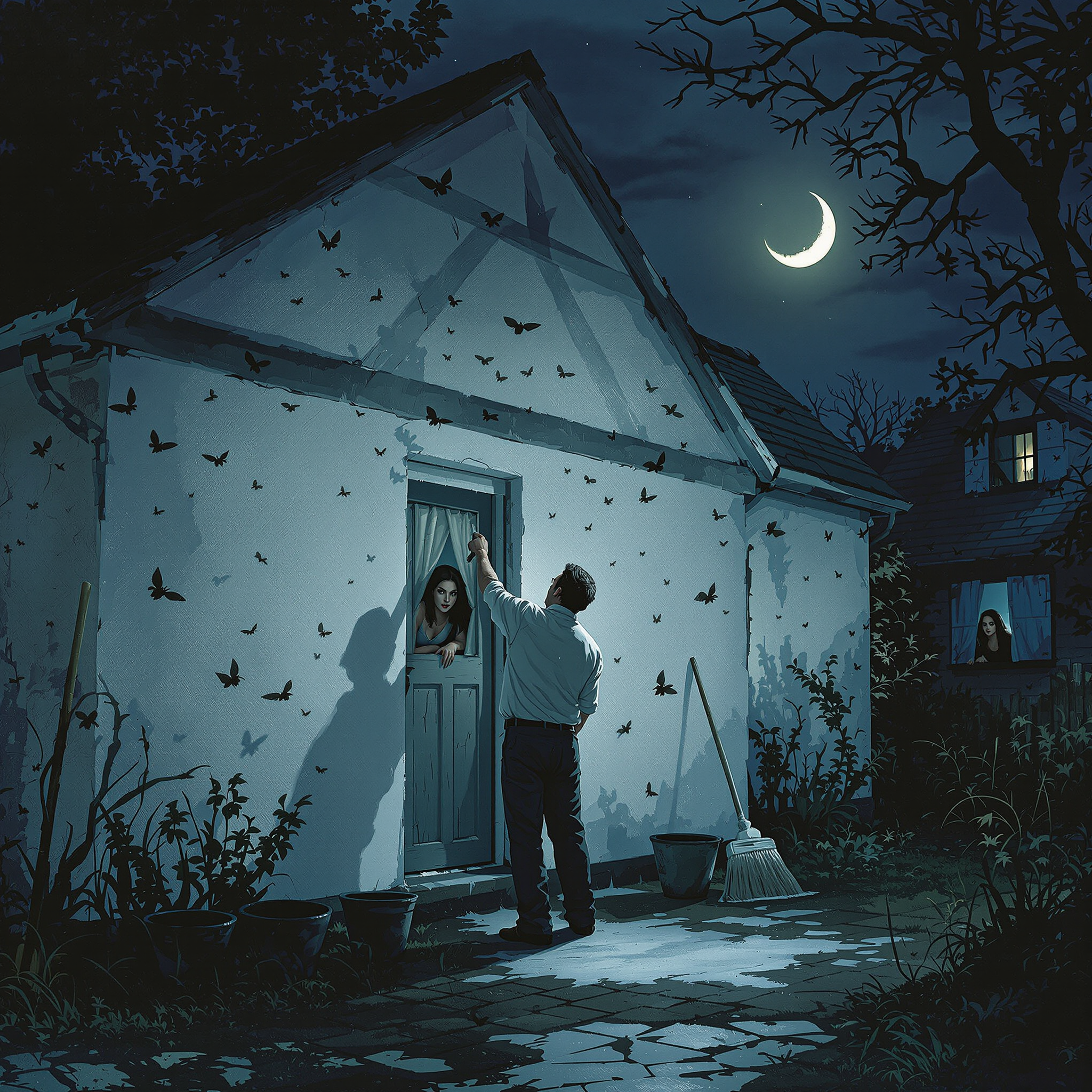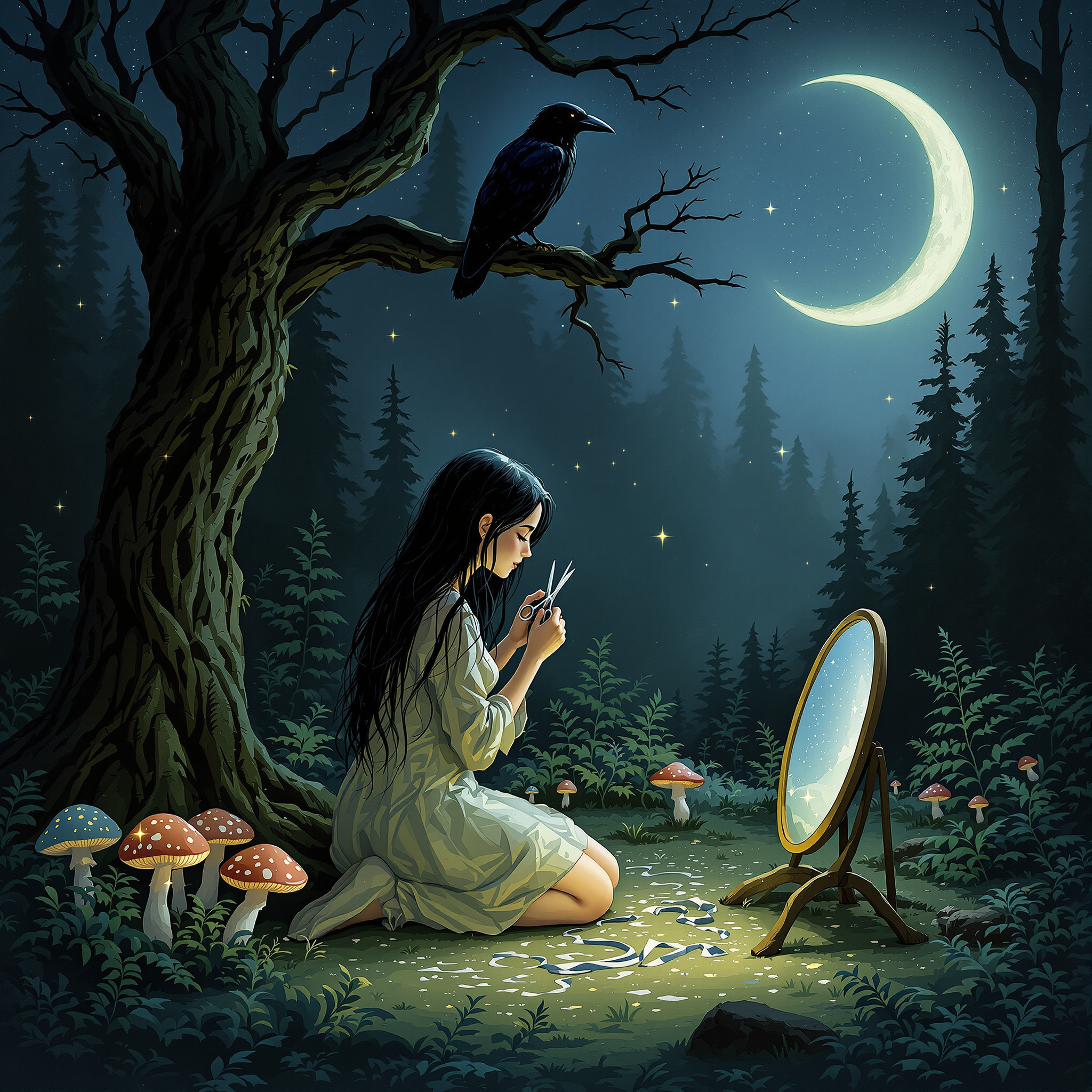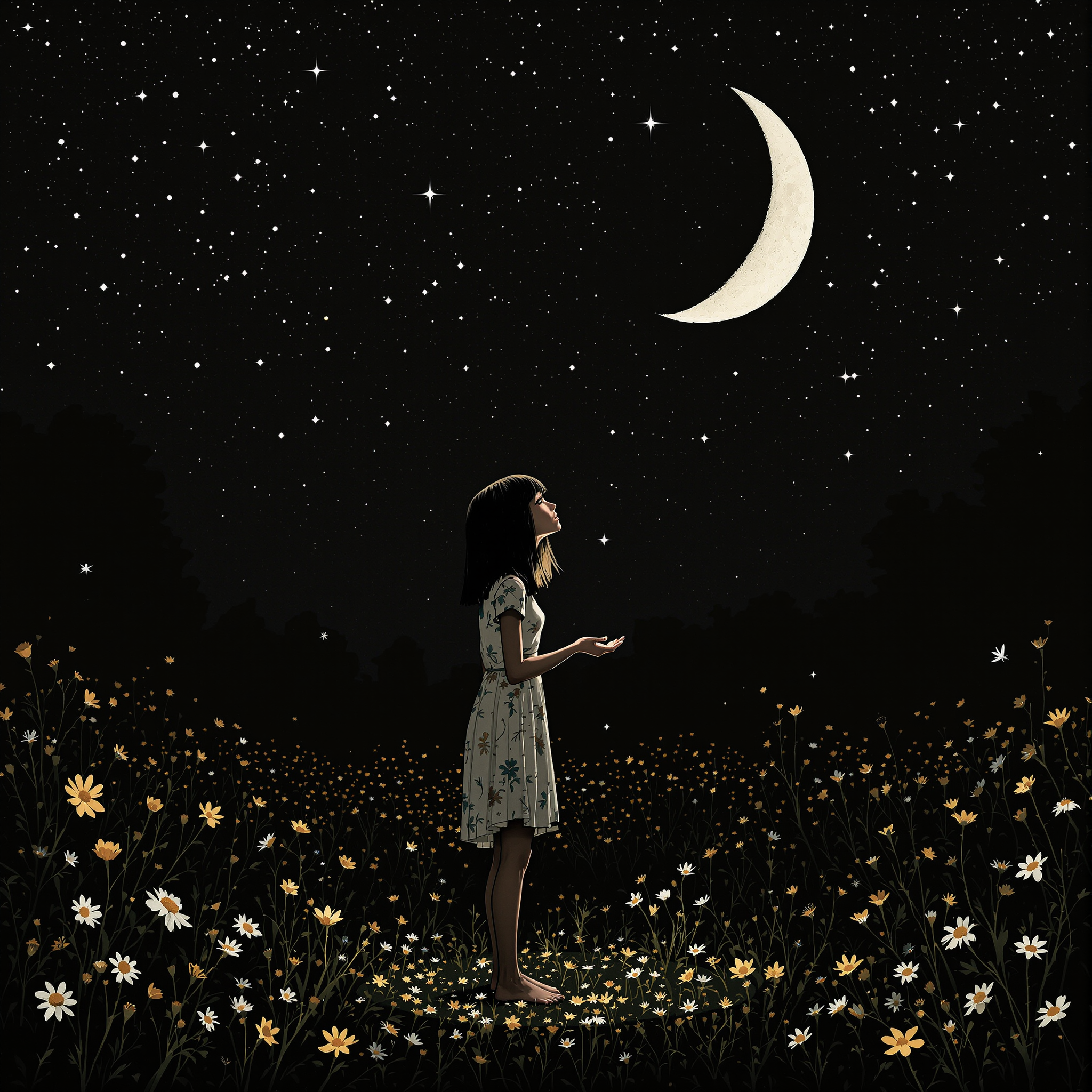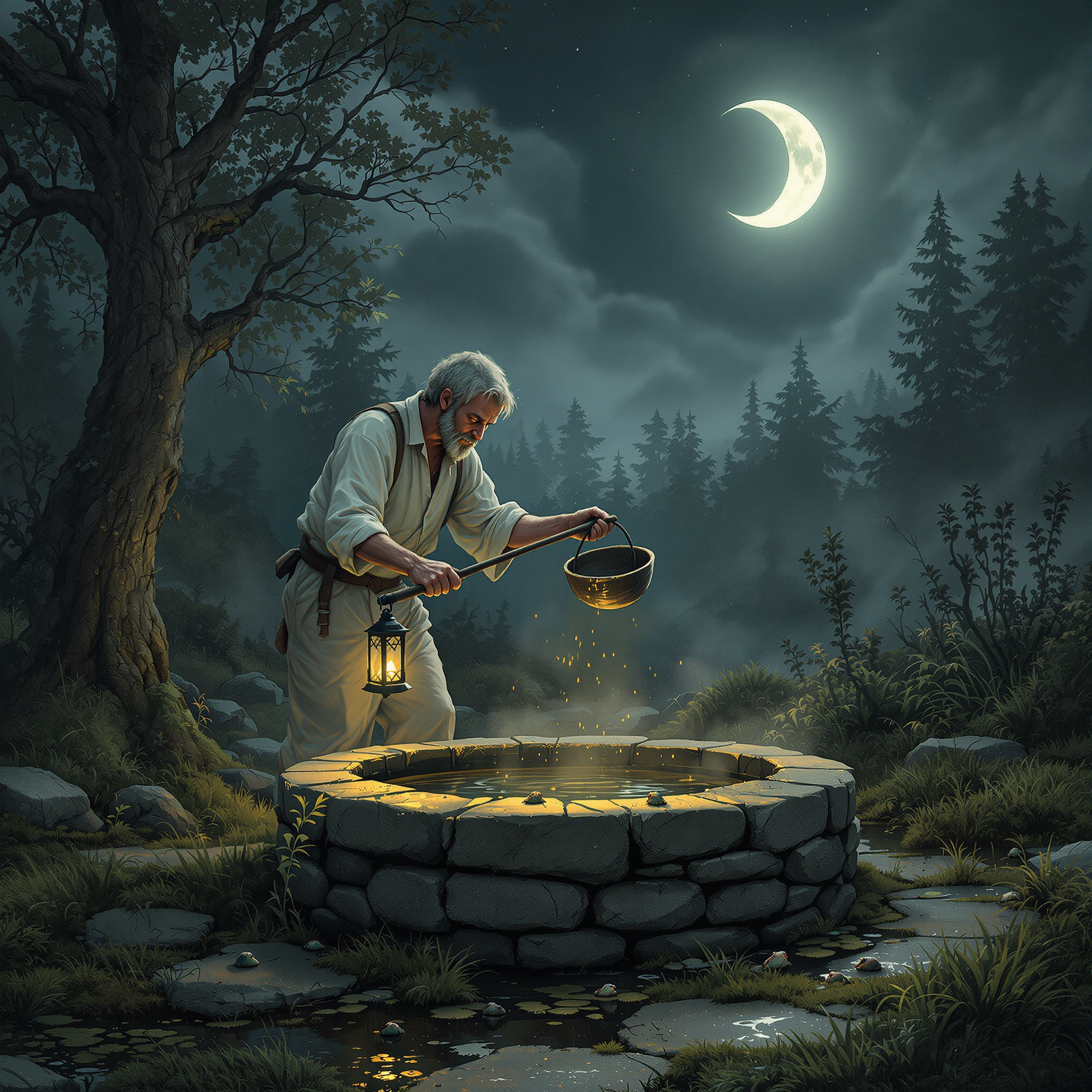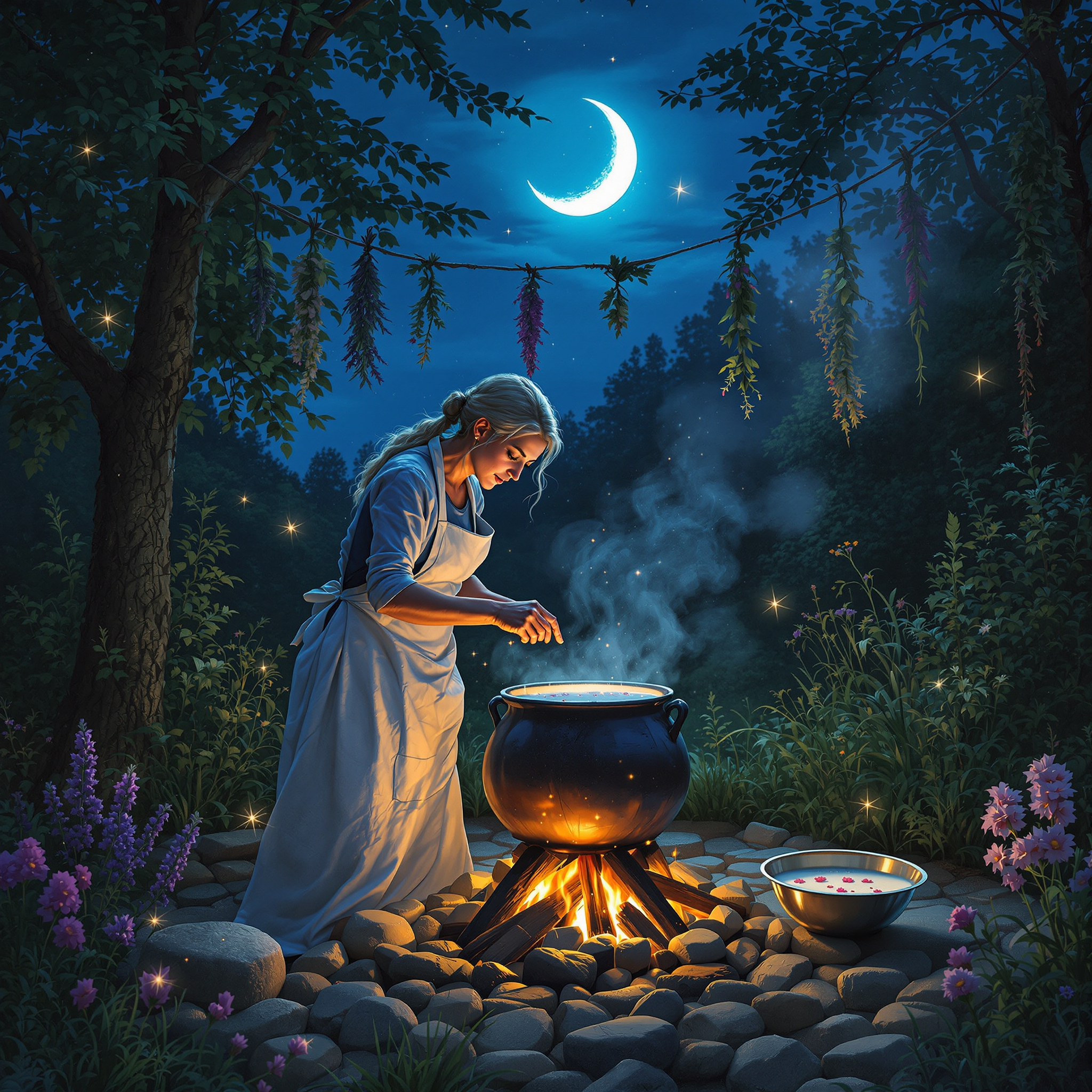In many Indian households and some parts of Southeast Asia, it is a common belief that washing clothes on Tuesdays and Saturdays invites bad luck. Practitioners observe this restriction as part of domestic routine. On Tuesdays, which are ruled by the planet Mars (associated with aggression and conflict in astrology), washing clothes is thought to wash away good fortune or invite arguments. Similarly, Saturday, ruled by Saturn, is considered inauspicious for laborious home tasks. It is believed that violating this superstition may lead to illness in the family, loss of wealth, or familial discord. In observant homes, households plan their laundry schedule accordingly, doing laundry on alternate days. Religious observances on Saturdays may also play a role in preserving the sanctity of the day by limiting domestic chores.
Astrology and Celestial Events
According to this superstition, people should avoid starting new tasks, ventures, or projects on a Tuesday, as it is thought they will not be completed or will face numerous obstacles. In some cultures, especially in countries like Greece and Spain, Tuesday is considered an unlucky day due to its association with Mars, the Roman god of war. Believers may postpone activities like job interviews, business deals, home renovations, or weddings to other days of the week. In Greece, Tuesday the 13th is particularly feared, much like Friday the 13th in Western cultures. Adherents may instead choose other auspicious days to initiate significant work.
This superstition cautions against initiating any form of travel or journey on a Tuesday. In regions such as Greece and parts of Southern Europe, Tuesday is closely associated with conflict and disruption due to its connection with the god Ares, the deity of war. Believers of this superstition see traveling on Tuesday as inviting strife, delays, or failure. In India, certain linguistic communities also avoid travel on Tuesdays, associating the day with Mars (Mangal), a planet connected with aggression and accidents in astrology. Practitioners may delay trips to avoid setting out on this specific day, sometimes planning journeys to begin a day earlier or later. Though primarily oral in nature, this superstition is kept alive through familial teachings and regional cultural practices.
The superstition that a shooting star signals impending death has existed for centuries across multiple cultures. Often viewed as celestial messengers or omens, shooting stars are traditionally seen as symbols of change—either spiritual transition or physical mortality. In some regions, a shooting star seen at night is interpreted as a soul departing from the Earth. People who witness the shooting star might feel compelled to make a wish or even perform ritual acts such as prayer or lighting a candle to ward off bad luck or death in the family. In certain folklore, if one sees a shooting star and knows someone is gravely ill, it may be taken as confirmation of their impending passing. However, interpretations may vary among cultures—while some treat it as a dire warning, others may consider it a peaceful signal of spiritual release.
The superstition warns against carrying out whitewashing—the process of applying lime-based paint to walls or ceilings—while the moon is decreasing or waning. It is believed that performing household tasks during specific lunar phases influences their effectiveness or outcomes. According to this belief, the waning moon symbolizes decline and decay, and thus is an inauspicious time for renewal-oriented actions like cleaning or painting, which are associated with freshness and cleanliness. The result of ignoring the timing is said to be increased pest activity or infestations, particularly by insects such as flies, mosquitoes, or beetles that may find conditions favorable in the freshly whitewashed environment. Some variations recommend waiting for the waxing moon, believed to be a more auspicious phase for household improvements and protection.
This superstition advises individuals to schedule haircuts for the first Friday following the new moon phase, with the belief that this specific lunar timing promotes improved hair growth. The practice is rooted in the idea that the moon’s energy influences natural bodily rhythms, much like it affects ocean tides. The timing—both the moon phase and the day of the week—is said to enhance the body’s ability to regenerate and rejuvenate, symbolizing new beginnings and growth.
The ritual may include:
• Waiting until the first new moon is visible on a calendar
• Choosing Friday, associated with Venus (planet of beauty)
• Trimming hair that day with the intention of growth or renewal
While no scientific evidence supports this claim, the belief persists in many cultures as a holistic or symbolic beauty ritual.
The superstition suggests that cutting bangs or trimming hair during the new moon phase will promote healthier and faster hair growth. The ritual is typically performed at night or on the exact day of the new moon. The timing is considered essential, aligning natural bodily rhythms with lunar cycles believed to influence growth and regeneration. The practice may involve quietly trimming a small portion of the hair while standing outside or near a window so as to be in view of the moon. This belief is part of a broader set of lunar beauty or agricultural superstitions, in which the moon’s phases are thought to affect biological growth. Many adherents believe that the new moon represents beginnings and rejuvenation, and cutting hair at this time symbolizes a fresh start or renewal. No tools or chants are typically required beyond the haircut itself, though some may couple it with personal intention or silence.
This superstition involves a specific timing and natural setting to encourage healthy hair regrowth. The ritual begins by cutting a portion of one’s hair during the new moon—considered a time of new beginnings and growth in many lunar traditions. The cut hair is then taken and buried in the soil beside a running brook or stream. Practitioners believe the movement of flowing water energetically stimulates renewal and abundance, and the earth acts as a medium for growth. The natural elements—moon, earth, and water—symbolize the cycle of life and rejuvenation. The combination of these forces is thought to enhance vitality, leading to longer, thicker hair. The process is typically done in private, sometimes accompanied by a prayer or personal intention. Sensory elements such as moonlight, moist soil, and the sound of water enhance the ritual’s connection with nature.
This superstition advises that cleansing a water source such as a spring or well during the waxing phase of the moon—when the moon appears to grow fuller—will result in improved water flow once it is emptied. The waxing moon was believed to exert a ‘pulling’ or ‘growing’ influence, making it an ideal time for actions that involve filling, growth, or abundance. Practitioners would remove debris, algae, and silt from the well or spring, typically during early morning or just after moonrise wax. The process also involved offering a short prayer or simple words of intent, acknowledging the moon’s influence. The expectation was not only a hygienically cleaner spring but also a symbolic encouragement for plentiful replenishment of water—a vital resource.
According to this traditional belief, soap-making was ideally carried out during the new moon phase. Practitioners claimed that lye mixed more effectively, and fats saponified better when made during this lunar period. It was thought that the new moon symbolized a clean slate and increase—the ideal energetic environment for cleansing agents like soap. The process often involved rendering animal fat, mixing it with lye water (wood ash and rainwater), and stirring for hours. Timing was crucial, as many believed the moon’s position influenced chemical reactions and physical properties in handmade items. Making soap during a waxing moon, especially the new moon, aligned with beliefs that all things made during this phase would grow stronger and more effective.




